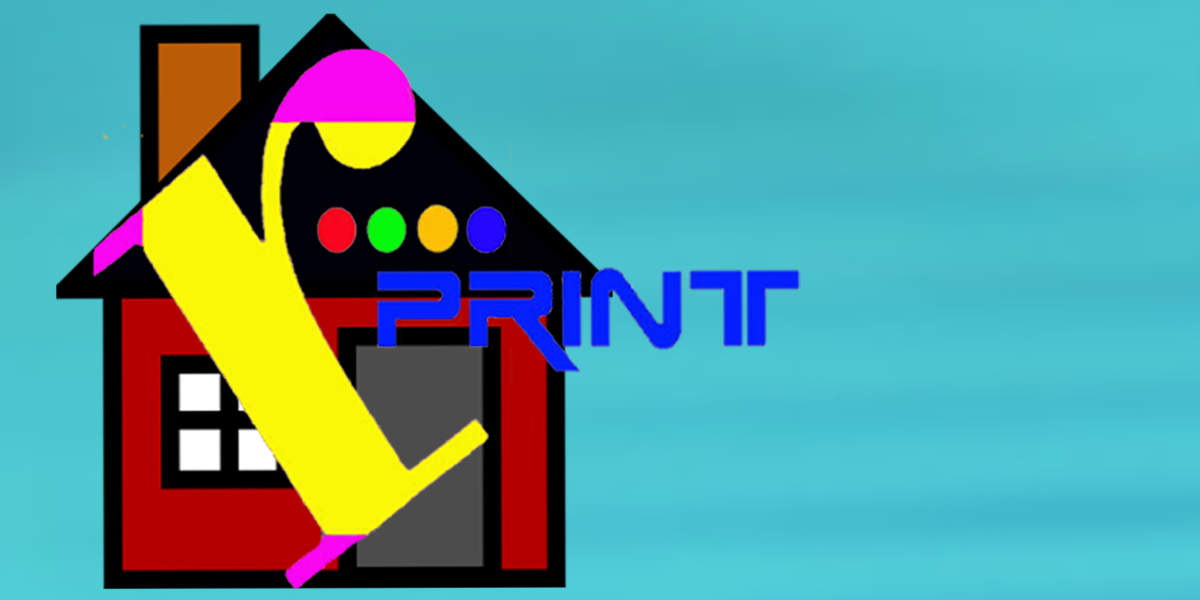ROUND OFF NUMBERS
Rounding numbers means the digit to be rounded will be increased by one or remains the same.
To round off numbers heres are some rules to be remember:
# 1 Determine the digit to be round off. ROUND OFF NEAREST HUNDREDS
8 647
# 2 Look to the right side digit. If the digit is 5,6,7,8,9 then add 1 one to the rounding digit, then the remaining numbers in right will become 0 zero.
8 647 = 8 600
# 3 And if the right side digit is 0,1,2,3,4 the number to be round off will be unchanged and the other remaining number will become 0 zero.
9 689 = 9 700
Example of Rounding of Numbers
Numbers Nearest ten Nearest Hundred Nearest Thousand
764 760 800 0
1867 1870 1900 2000
60875 60880 60900 61000
FRACTIONS
Finding Multiples
Multiples found by multiplying the number and any interger.
Example:
Multiply 2 by 1, then by 2, then by 3 and so on.
2 x 1 = 2, 2 x 2 = 4, 2 x 3 = 6, 2 x 4 = 8, 2 x 5 = 10
So the multiple of are 2,4,6,8, 10 and so on
Or you can find multiples by skip counting of 2, there you will find the multiple of 2.
LCM = Least Common Multiples
3 2 =
8 12 24
Multiples of 8 are 8, 16, 24,32
Multiples of 12 are 12, 24,36
Finding GCF
Greatest Common Factor (GCF) is the largest positive interger that is a factor of two or more numbers. Here's some examples finding GCF:
What is the Greatest Common Factor of 16 and 20? | |
What are the factors of 16? | 1 , 2 , 4 , 8 , 16 |
What are the factors of 20? | 1 , 2 , 4 , 5 , 10 , 20 |
The Greatest Common Factor is 4 | |
What is the Greatest Common Factor of 12 and 42? | |
What are the factors of 12 ? | 1 , 2 , 3, 4 , 6 , 12 |
What are the factors of 42 ? | 1 , 2 , 3 , 6 , 7 , 14 , 21 , 42 |
The Greatest Common Factor is 6 | |
